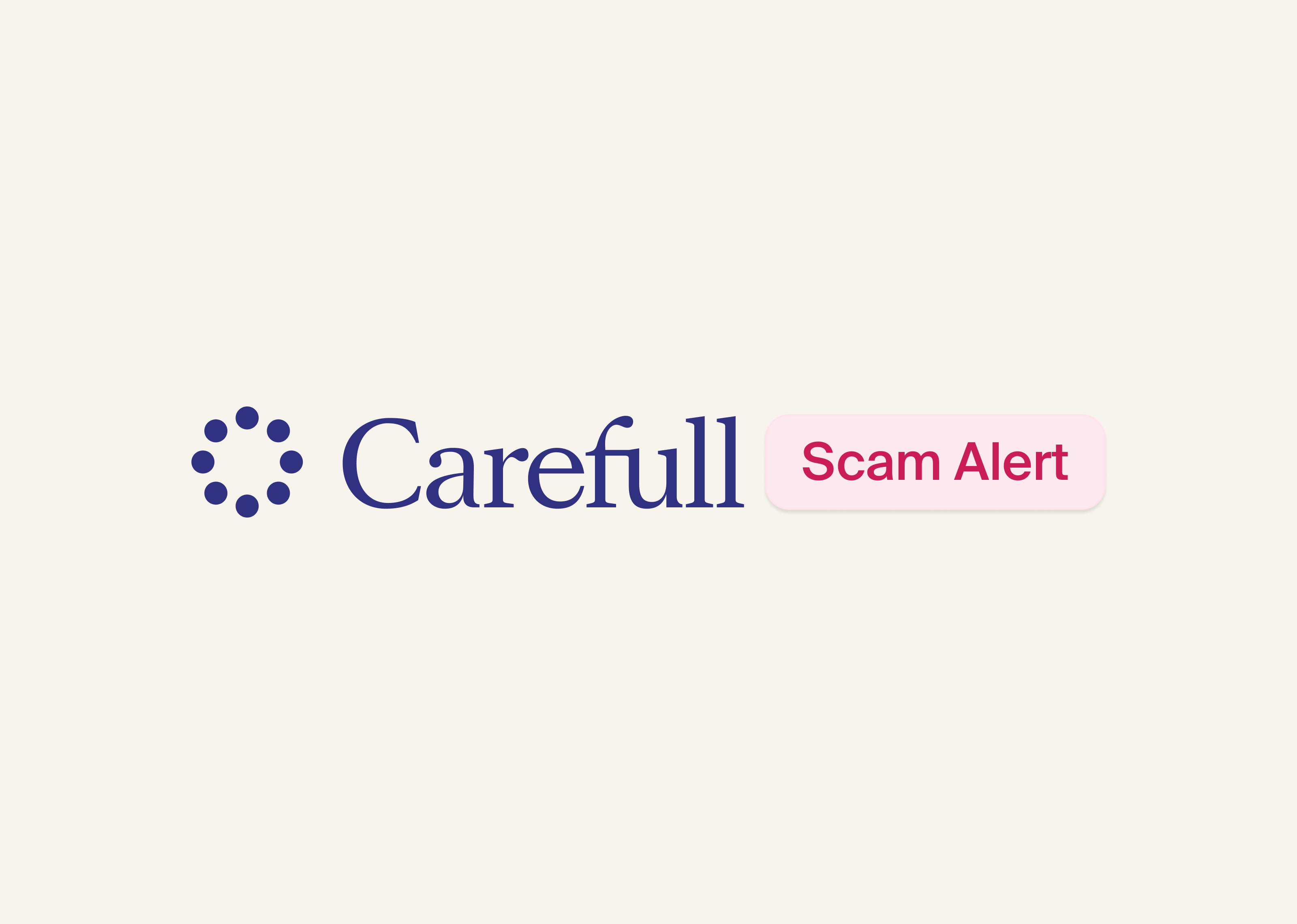Watch Out for Fake PayPal Invoice Scams

If you get an email with an invoice for a PayPal purchase you didn’t make, don’t respond. It’s likely a scam.
Carefull has received reports of a phishing email that aims to scare people into believing that their PayPal account was hacked so that they will call the phone number provided to get a refund. However, if you call, scammers will try to get you to let them have access to your computer to get the “hackers” out of your account.
Here’s what to know about this fake PayPal invoice scam and how to avoid becoming a victim.
[ See: How to Avoid Payment App Scams and Fraud ]
How the fake PayPal invoice scam works

The scam starts with an email with a subject line about an order that is confirmed. The email includes an image of an invoice from PayPal for a bitcoin purchase of $899.99. Although the invoice includes your email address, the email is addressed to someone else—leaving you to believe that someone has used your PayPal account to make a fraudulent purchase.
The invoice prominently displays a refund helpline number and says that if you didn’t make the transaction, that you should call within 24 hours to cancel it and receive a refund. If you call the number, someone claiming to be with PayPal support will ask for the last four digits of the invoice number.
The scammer will then say that hackers got into your account and charged $899.99. You’ll be offered a refund, but the scammer will say that you must first visit a support website that will help you get the hackers out of your account. The aim is to get you to grant scammers remote access to your device.
Try ScamCheck from Carefull to find out if an email, text or message you have received is a scam.
How to avoid the fake PayPal invoice scam
If you receive an email about a PayPal transaction you didn’t make, take these steps:
- Check the email address of the sender. Often, you can identify phishing emails by checking the email address of the sender. The fake PayPal email shared with Carefull originated from a Gmail account, not an account associated with PayPal.
- Look for typos and misspelled words. Scammers are increasingly using AI to draft error-free emails. However, some phishing emails still have mistakes, which are red flags that they are fake. The PayPal email had two mistakes: Toll free was spelled “tol free,” and bitcoin was spelled “bit coin.”
- Never call numbers or click on links in emails. Instead, log into your account to see if there is an issue that needs your attention. Or, look up the number of the company that supposedly is trying to reach you and call it directly.
- Never give anyone remote access to your computer, even if they claim to be with a trusted company. This is a tactic scammers use to gain access to your personal information and accounts.
- Get a second opinion. Before responding to an unusual email or text message, ask someone you trust whether they think it’s a scam. Better yet, you can use the ScamCheck tool offered by financial safety service Carefull to share an image or text of an email to find out whether it is a scam.

3 Steps to Safer Money,
Try it Free for 30 Days
Step 1
Start your free,
no-risk trial
Step 2
Connect the accounts and cards you want protected
Step 3
Stay alerted to any
unusual activity





